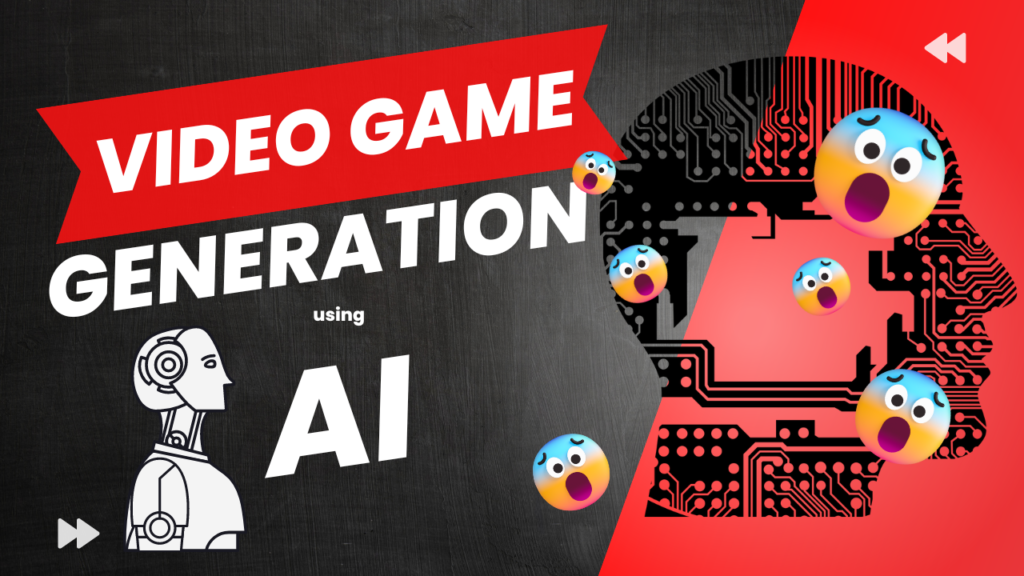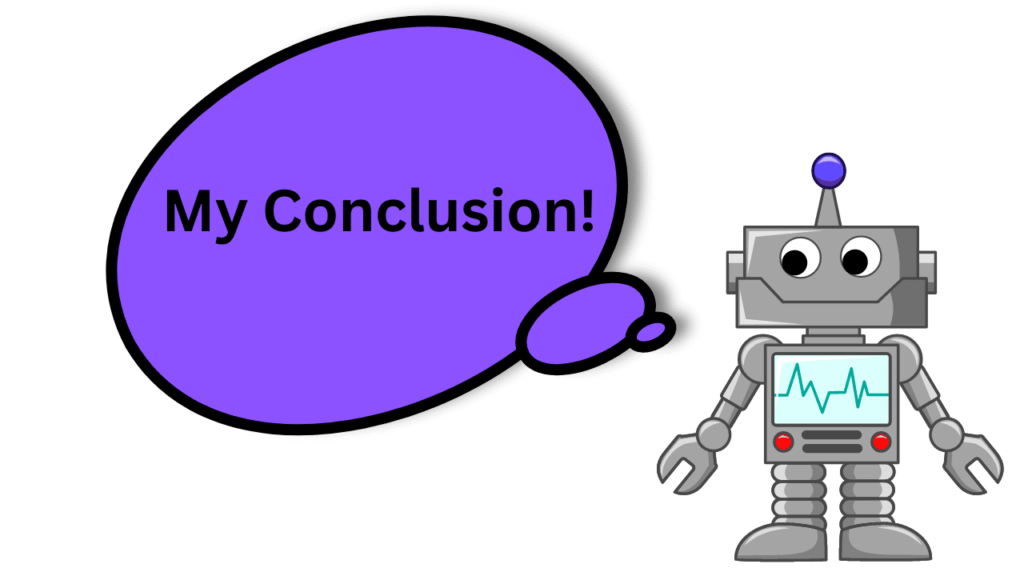A Deep Dive into Video Game AI Generation: Algorithms and Techniques

Diving into the realm of Video Game AI Generation unveils a world of intricate algorithms and cutting-edge techniques. This article takes you on an exploratory journey through the inner workings of AI in gaming. From rule-based systems to complex machine learning models, we dissect the methodologies that drive AI behaviors in video games. By understanding the algorithms and techniques at play, you’ll gain insights into how developers craft engaging and challenging gameplay experiences that captivate players.
Evolutionary Computation in Video Game AI Generation: Creating Adaptive NPCs
The evolution of video game AI takes a fascinating turn with the integration of evolutionary computation. This article delves into how developers harness the power of genetic algorithms and evolutionary strategies to create adaptive non-player characters (NPCs). By allowing NPCs to learn and adapt over time, games become dynamic ecosystems where AI behaviors evolve based on player interactions. This approach not only enhances realism but also keeps players engaged as they navigate a constantly evolving virtual world.
Machine Learning-Powered Game Agents: Enhancing Realism in Video Games
Machine learning is redefining the landscape of video game AI. This article explores how machine learning-powered game agents contribute to heightened realism. By training AI agents on vast datasets, developers enable NPCs to learn from their mistakes, adapt to player strategies, and make decisions that mimic human-like reasoning. The result? AI that exhibits behaviors and responses that immerse players in a gaming experience that feels remarkably lifelike.
Player-Centric AI: Personalized Experiences through Video Game AI Generation
Video game AI is evolving to put players at the center of the experience. This article delves into player-centric AI, where algorithms analyze player behavior and tailor AI responses accordingly. By understanding player preferences, skill levels, and play styles, AI can provide challenges that are neither too easy nor too difficult, ensuring a personalized and engaging experience for every player. The result is a game world that adapts to individual players, providing a sense of immersion and connection.
Challenges and Solutions in Video Game AI Generation: Balancing Difficulty and Fun
Balancing difficulty and fun is a delicate dance in video game design, and AI generation plays a pivotal role. This article explores the challenges that developers face in creating AI that provides both a challenging experience and an enjoyable one. From avoiding frustration-inducing difficulty spikes to preventing predictability, we delve into the complexities of finding the right balance. By understanding these challenges and exploring solutions, game developers can create AI-driven experiences that keep players engaged and entertained.
Learning from Players: Reinforcement Learning for Adaptive Video Game AI
Reinforcement learning takes center stage in molding adaptive video game AI. This article delves into how developers leverage reinforcement learning algorithms to make AI agents learn from their interactions with players. Whether it’s through trial and error or by observing human players, AI adapts its behaviors to optimize rewards and achieve game objectives. By understanding this dynamic learning process, we gain insights into the ever-evolving nature of AI agents in the gaming landscape.
Crafting Believable Opponents: Role of Neural Networks in Video Game AI
The secret to crafting believable opponents lies in the realm of neural networks. This article unravels the role of neural networks in shaping AI opponents that mimic human-like behaviors. From convolutional neural networks for visual perception to recurrent neural networks for decision-making, we explore how these architectures enhance the realism of opponents. By peering into the inner workings of neural network-driven AI, we understand how games create challenging and authentic player experiences.
Narrative-Driven Gameplay: Video Game AI Generation for Dynamic Storytelling
AI isn’t confined to combat scenarios—it also plays a significant role in narrative-driven gameplay. This article delves into how AI generation drives dynamic storytelling in video games. From generating dialogues to adapting plotlines based on player choices, AI breathes life into characters and narratives. By understanding how AI augments storytelling, we gain insights into the dynamic and immersive narratives that keep players engaged throughout their gaming journey.
Future Trends: AI-Powered Procedural Content Generation in Video Games
The future of video game AI generation holds exciting prospects in procedural content generation. This article peers into upcoming trends, exploring how AI will power the creation of game levels, environments, and even quests. By harnessing AI’s ability to generate content autonomously, developers can create vast and intricate game worlds that adapt to player preferences. This trend promises a future where every gaming experience is unique and filled with endless possibilities.
Ethics and Fairness: Responsible Practices in Video Game AI Generation
As video game AI advances, ethical considerations take the spotlight. This article delves into the responsible practices that developers must adhere to while designing AI-driven experiences. From avoiding biased behaviors to ensuring player well-being, ethical AI practices ensure that gaming experiences remain enjoyable and respectful. By understanding the ethical dimensions of AI generation, we pave the way for a gaming landscape that promotes inclusivity, fairness, and player satisfaction.
Conclusion: Shaping the Future of Video Game AI Generation

The landscape of video game AI generation is a realm of innovation, creativity, and dynamic experiences. From diving into algorithms and techniques to crafting AI-driven narratives, we’ve journeyed through a world where AI breathes life into virtual worlds. Evolutionary computation ushers in adaptability, while machine learning powers agents that challenge and learn from players. Player-centric AI personalizes experiences, and neural networks craft opponents that blur the lines between virtual and reality.
Yet, challenges arise in balancing difficulty and fun, prompting developers to leverage reinforcement learning for adaptive AI. Neural networks sculpt opponents that resonate, and AI enhances storytelling through dynamic narratives. As we gaze into the future, AI-driven procedural content generation promises limitless possibilities, while ethical considerations steer us towards fairness and player well-being.
In this landscape, game developers wield the power to mold experiences that captivate, challenge, and resonate. As AI evolves, its role in video games becomes not just a tool but an essential part of the creative process. By understanding these topics, we unlock the secrets to shaping games that captivate players, push boundaries, and pave the way for a future where virtual worlds seamlessly blend with reality.

